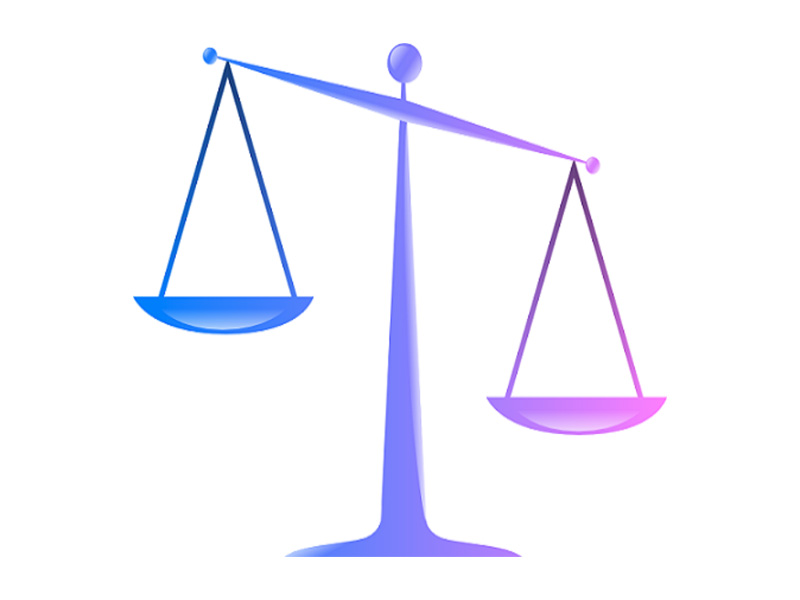Understanding the Most Common Hormonal Imbalances and How to Tackle Them

Hormones are extremely important for regulating many essential bodily functions. When certain hormones fall out of balance, it can result in unpleasant symptoms and health issues. Some of the most common hormonal imbalances include thyroid disorders, adrenal fatigue, and hormone-related conditions like PCOS or low testosterone.
The good news is that there are steps you can take to identify hormonal imbalances and correct them through lifestyle changes, diet modifications, targeted supplementation, and even medical treatment if necessary. Getting your hormones balanced again is crucial for feeling your best mentally and physically.
Low Thyroid Function
One of the most widespread hormonal issues today is hypothyroidism, also known as low thyroid or underactive thyroid. This means your thyroid gland is not producing enough thyroid hormone to meet your body’s needs. Common symptoms are unexplained weight gain, constant fatigue, sensitivity to cold, hair loss, dry skin, mood changes, and more.
Testing your thyroid levels through medical lab tests is important for confirming a thyroid imbalance. If caught early, hypothyroidism can be treated through supplementation with desiccated thyroid extracts or synthetic T3/T4 thyroid medications before symptoms get too bad. Making sure you aren’t deficient in key nutrients for thyroid health like iron, selenium, zinc, and vitamin D can also help manage hypothyroidism.
Adrenal Fatigue
When your adrenal glands become overtaxed from too much physical, mental, or emotional stress over a long time period, you may develop adrenal fatigue. This results in blunted cortisol spikes throughout the day and can cause symptoms like afternoon fatigue, trouble getting going in the morning, salt and sugar cravings, feeling rundown when stressed, and difficulty recovering from workouts.
Getting more restorative sleep, employing stress-reduction techniques, avoiding adrenal-taxing behaviors like excessive caffeine intake, and supporting your adrenals with supplements like ashwagandha, vitamin C, magnesium and B complex vitamins can all help reverse adrenal fatigue. Seeking treatment for any underlying causes of high stress can also be very useful for recovery.
Polycystic Ovarian Syndrome (PCOS)
PCOS is a common hormonal disorder estimated to impact up to 10 percent of women of reproductive age. It occurs when excess androgens like testosterone circulate in the blood, causing a variety of symptoms like irregular periods, infertility, weight gain, hair growth on the face and body, severe acne and ovarian cysts. Insulin resistance also commonly takes place.
Lifestyle measures like losing excess body fat, following a PCOS-friendly anti-inflammatory diet, exercising regularly, and taking targeted supplements like myo-inositol, NAC, magnesium, and saw palmetto may help reduce elevated testosterone levels, regulate menstrual cycles, and induce ovulation in those trying to conceive. For symptomatic relief, many PCOS patients are also prescribed birth control pills or other hormonal medications like spironolactone to block testosterone activity.
Low Testosterone Levels
While PCOS causes elevated testosterone in women, men can suffer from the opposite problem – abnormally low testosterone production by their gonads. This progressively worsens with age but poor lifestyle habits and medical conditions like obesity, metabolic syndrome, and type 2 diabetes can speed its onset.
Low testosterone (medically termed hypogonadism or hypotestosteronism) can sap energy, libido and strength while increasing body fat and risk of depression or cognitive impairment. However, the good news is that resolving the underlying causative factors detailed above combined with testosterone replacement therapy (injections, gels or patches) can effectively treat low testosterone in most cases. This helps restore normal hormonal balance and alleviate associated low T symptoms in aging men. You may also wish to consider an estrogen blocker that contains testosterone as well.
As outlined above, addressing common hormonal imbalances like low thyroid, adrenal dysregulation, PCOS, and low testosterone production through proper lifestyle measures, targeted supplementation, and medical treatment when appropriate can help restore balance, optimal function, and vitality. Getting tested to identify specific hormone deficits is key so a customized treatment plan can be created for your unique hormonal needs. With time, patience, and the right interventions, significant improvement is within reach.
839GYLCCC1992



Leave a Reply